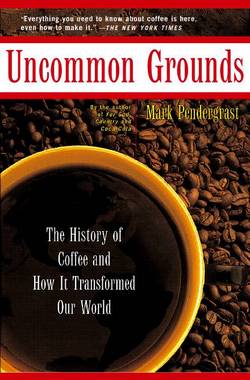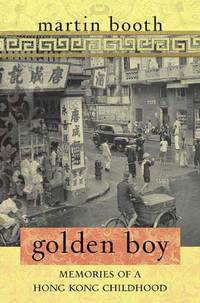(p. 1A) SAGO, W.Va.–Twelve coal miners who were trapped underground for more than 41 hours after an explosion were found alive late Tuesday night, triggering a joyous celebration among relatives here.
“Oh, my God, oh, my God,” gasped Anna McCloy, a 25-year-old mother of two whose husband, Randal, 26, was among the missing.
“They’re alive. I can’t believe it. They’re alive.”
Around her, townspeople were singing the hymn “How Great Thou Art.”
The elusive miracle was credited to God. Later, when the real tragedy was learned, the same people who credited God with the miracle, inconsistently blamed human beings for the tragedy.
Good luck finding the article quoted above–as far as I can tell, the Omaha World-Herald has deleted this article from their online archive. The Omaha World-Herald credits the source of the article as having been The Washington Post. The citation to the hard copy of the Omaha World-Herald version is:
“A Miracle: 12 Miners Found Alive.” Omaha World-Herald (sunrise edition, Weds., Jan. 4, 2006): 1A & 2A.



 Image source:
Image source: